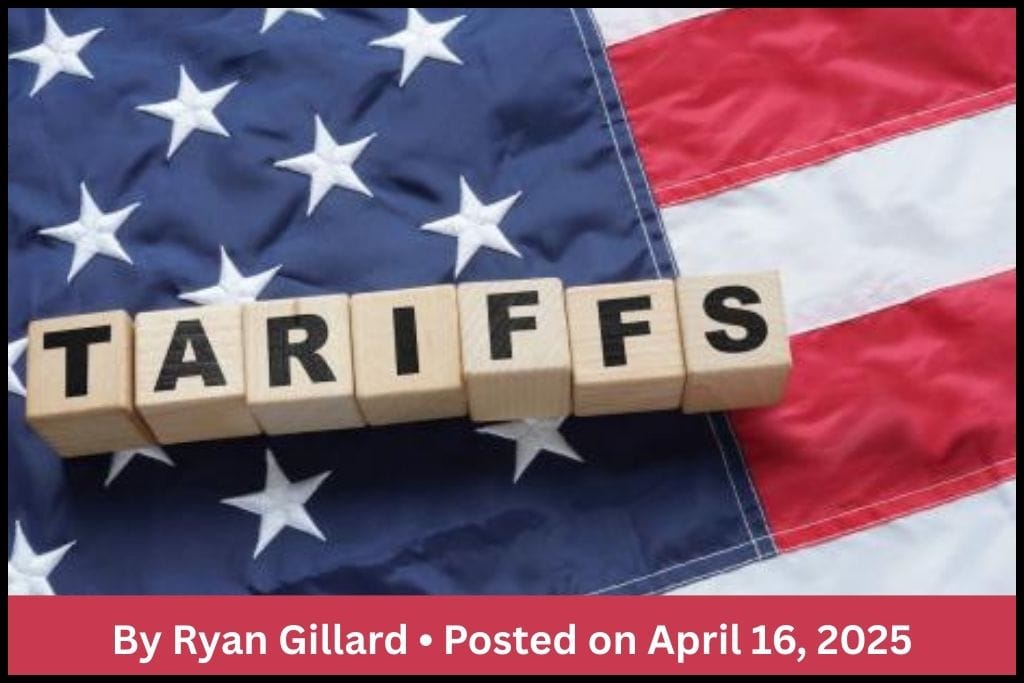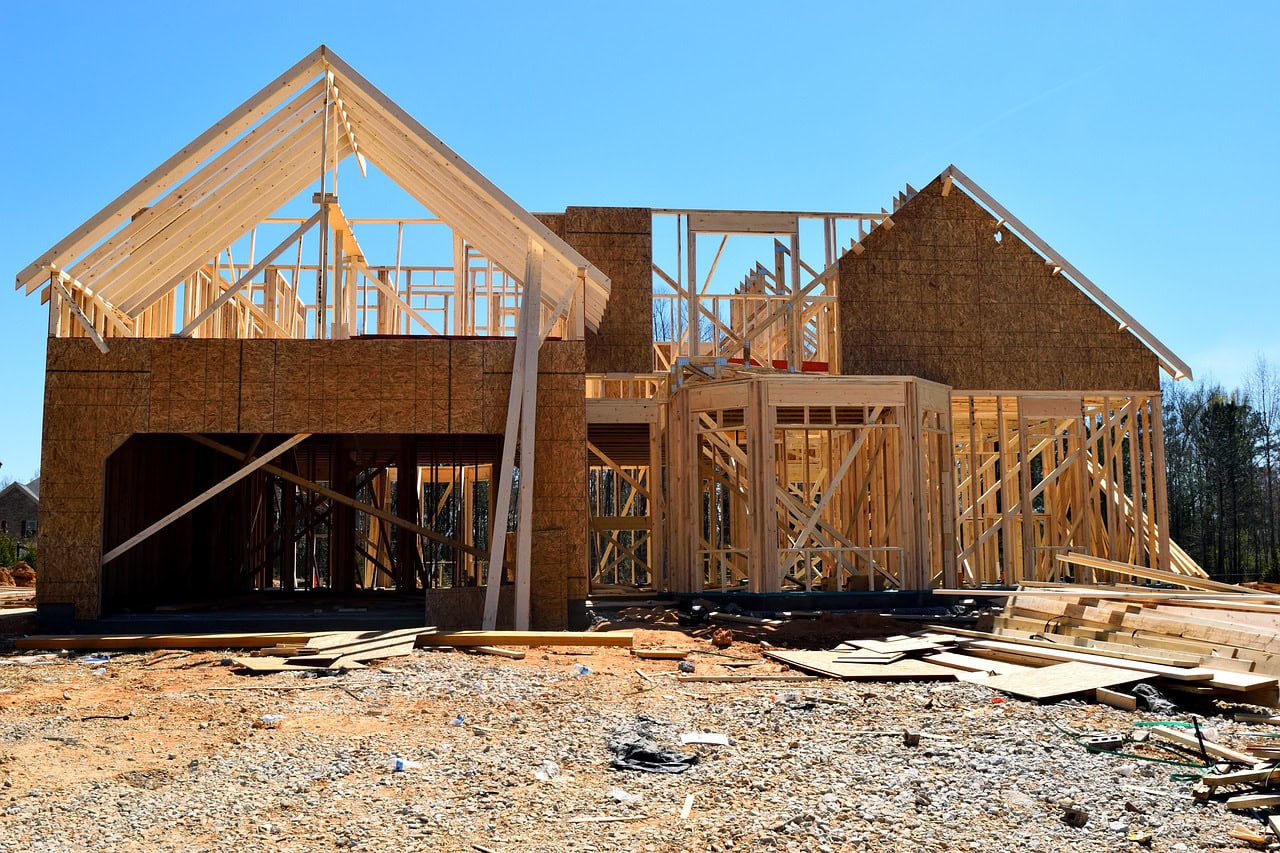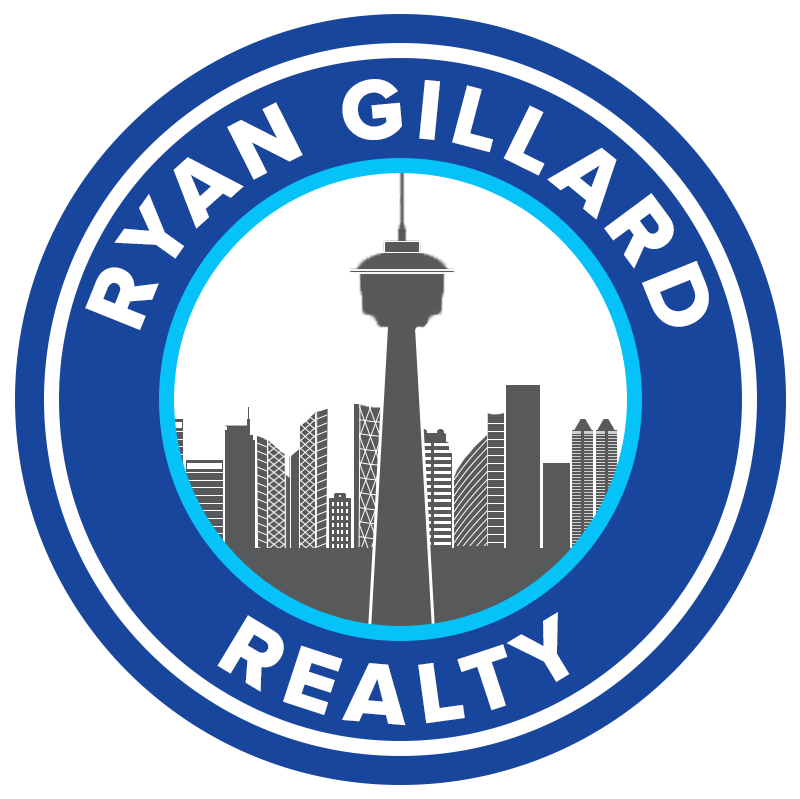
Are Trump’s tariffs about to disrupt the Calgary housing market?
While trade wars and international tariffs may seem distant, the recent economic tension between the U.S. and Canada could hit closer to home than many expect, especially for buyers, sellers, and investors in Calgary.
In this post, we’ll break down what the tariffs mean, how they could play out, and what smart buyers and sellers should consider now before things shift.
What’s Happening With Trump’s Tariffs?
As of April 16, 2025, the U.S. has imposed sweeping tariffs on key Canadian exports:
- 25% on steel and aluminum
- 25% on vehicles and auto parts
- 10% on Canadian oil, gas, and potash

In response, Canada has enacted retaliatory tariffs targeting U.S. imports of similar goods, escalating tensions and creating uncertainty across multiple industries.
Although Calgary isn’t a direct manufacturing hub for vehicles or heavy metals, the city’s economy is deeply connected to energy, construction, and consumer goods, all of which are likely to be affected.
Tariffs on Steel and Aluminum: What This Means for Housing Costs

Steel and aluminum are foundational to residential and commercial construction. These tariffs are already raising the cost of key building materials across Canada.
Higher input costs make it more expensive to build new homes, especially condos and multi family developments. Builders may delay projects, pass costs onto consumers, or reduce the number of homes they start.
In Calgary, this could mean:
- Slower growth in new home construction
- Reduced supply of housing in key areas
- Increased costs for renovations and upgrades
As construction slows, resale homes could see renewed pressure from buyers looking for move in ready options.
Auto Tariffs and Consumer Budgets
Calgary residents and corporations rely heavily on vehicles, particularly trucks and SUVs for both personal and work related needs. Tariffs are pushing up the price of imported vehicles and auto parts and that matters more than you might think.
When car payments go up, many buyers have less monthly income available to qualify for a mortgage. Business owners may also be affected, especially those with vehicle fleets.
Higher car costs can lead to:
- Lower mortgage approval amounts for first-time buyers
- Decreased consumer confidence
- Reduced discretionary spending, which slows local economic growth
Over time, this could dampen real estate demand in some buyer segments.
Energy Tariffs Could Hit Calgary Jobs and Confidence
The 10% U.S. tariff on Canadian energy exports is a major concern for Alberta. Calgary’s economy is tightly tied to oil and gas, and any reduction in global competitiveness for Canadian energy could ripple through the local job market.
If energy companies lose contracts or reduce investment, the effects could include:
- Layoffs or hiring freezes in oil and gas sectors
- Reduced buyer activity from energy sector workers
- Provincial budget pressures that impact public infrastructure projects
Historically, drops in oil revenue have resulted in noticeable slowdowns in Calgary’s housing market. Tariffs may trigger similar caution among buyers.

Construction Slowdowns and Supply Constraints
When builders face higher costs for materials and labor, many will delay or cancel new developments. Calgary already faces an ongoing housing supply crunch in many neighborhoods. Tariffs could make that worse.
With fewer new homes entering the market, resale homes become more competitive. This could drive:
- Higher prices for existing homes
- More demand in established communities
- Continued pressure on the rental market
The effects won’t be felt overnight, but the lag in new housing supply may catch up with Calgary over the coming year.
Inflation and Buyer Uncertainty
Tariffs tend to increase the price of everyday goods, and not just at the gas pump or car dealership. When inflation rises faster than wages, people start to hesitate.
Increased uncertainty leads to:
- Fewer buyers making confident home purchase decisions
- Developers and investors slowing expansion plans
- Lenders being more cautious with approvals
This mindset can temporarily stall the market, especially in segments where affordability is already tight.
How This Could Play Out: An Educated Outlook
In the short term, Calgary may see increased caution among buyers and developers. If tariffs remain in place, we could see a modest slowdown in market activity particularly in higher risk segments like pre construction and luxury builds.
However, if inflation stabilizes and trade negotiations improve, Calgary’s housing market could bounce back quickly. The fundamentals of Calgary are still strong such as a growing population, steady migration, and limited housing supply.
The long term outcome will depend on whether these tariffs are temporary political tools or the start of a deeper shift in Canada-U.S. trade relations.
What Buyers and Sellers Should Know Right Now
For Buyers: Tariffs may make vehicles, utilities, and even renovations more expensive. Plan your purchase carefully, get pre-approved early, and consider the total cost of ownership, and not just the sticker price of the home.
For Sellers: Buyers are still active, but they’re being more selective. Ensure your home is priced right and well presented. Strategy and timing are going to matter more as market conditions fluctuate.
For Calgary’s Market Overall: Expect some volatility. Investors may hold back temporarily, but resale homes in desirable areas will likely remain strong. If construction continues to slow, expect rents and resale demand to climb.
Want to know how these tariffs could affect your home’s value or your buying power?
Request a free, no pressure market evaluation or get pre approved with one of my trusted mortgage partners.
Final Thoughts
The effects of these tariffs may feel subtle at first, but their impact could grow over time. If you’re considering a move, buying, selling, or investing, the best thing you can do is stay informed and speak with a local expert.
Looking to stay ahead of market shifts in Calgary?
Check out my latest videos and insights on my YouTube channel.
Have questions about your next steps in this evolving market?
Reach out any time. I’m happy to help you make a confident, well-informed move.

